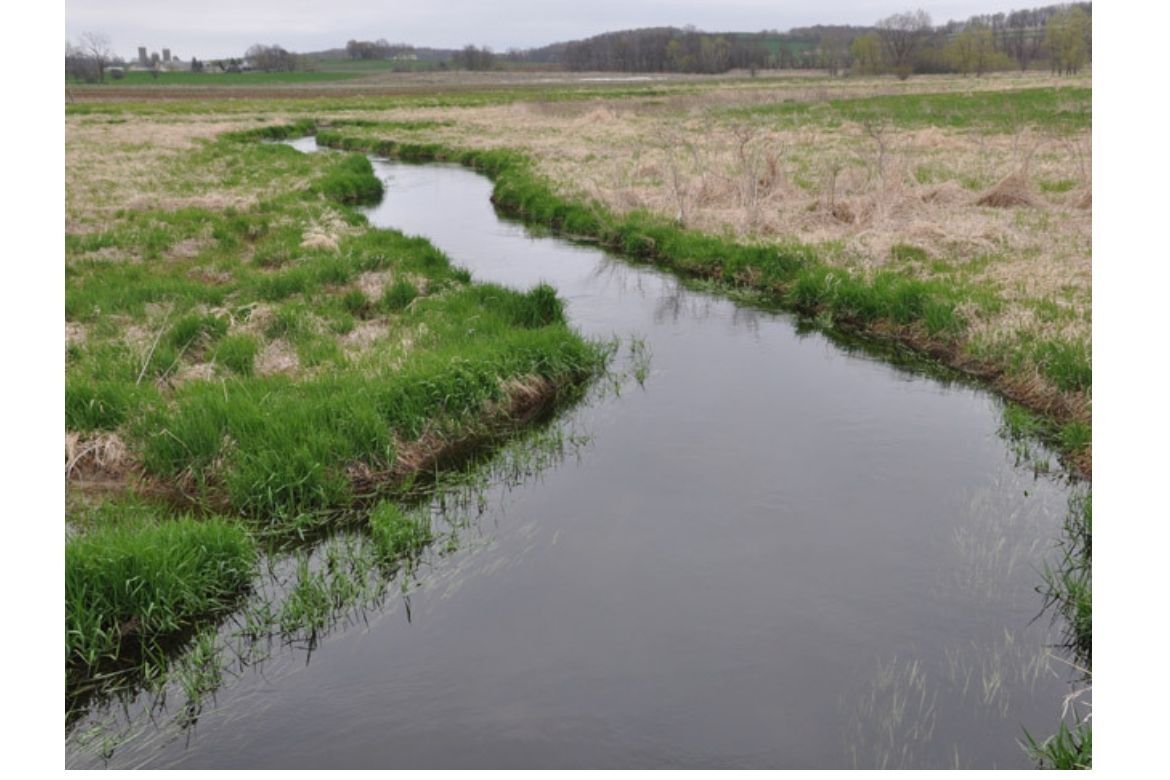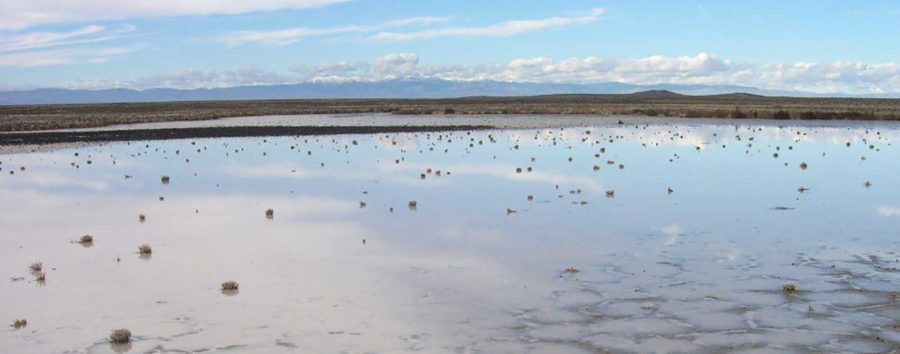The U.S. Environmental Protection Agency (EPA) and the Department of the Army intend to update the definition of “waters of the United States” (WOTUS). The WOTUS revision comes after declaring the 2020 Navigable Waters Protection Rule as being insufficient in its purpose. Federal officials assert that the Trump-era rule was substantially reducing clean water protections.
“After reviewing the Navigable Waters Protection Rule as directed by President Biden, the EPA and Department of the Army have determined that this rule is leading to significant environmental degradation,” EPA Administrator Michael S. Regan said in a press release. “We are committed to establishing a durable definition of ‘waters of the United States’ based on Supreme Court precedent and drawing from the lessons learned from the current and previous regulations, as well as input from a wide array of stakeholders, so we can better protect our nation’s waters, foster economic growth, and support thriving communities.”
Regan had previously declared that he did not wish to return to the parameters of the 2015 WOTUS rule. The federal agencies have indicated that stakeholder feedback will be incorporated in the crafting of new WOTUS guidelines. As part of the rulemaking progress, the agencies have said they will build on the previous clean water rules to establish a new framework. The purported goal is to protect water resources using the latest scientific information and community input. Ag groups including the American Farm Bureau Federation and the Agricultural Retailers Association have expressed concern as to what the WOTUS revision will mean for farmers and ranchers.
“The American Farm Bureau Federation is extremely disappointed in the Environmental Protection Agency’s announcement of its intention to reverse the environmentally conscious Navigable Waters Protection Rule, which finally brought clarity and certainty to clean water efforts,” AFBF President Zippy Duvall said in a news release. “Farmers and ranchers care about clean water and preserving the land, and they support the Navigable Waters Protection Rule.”
In a hearing in the House of Representatives, Environmental Protection Agency Administrator Michael Regan said he doesn’t intend to go back to the Obama-era waters of the U.S. – WOTUS – rule and again made that claim before members of the Senate.
In a subsequent hearing before the Senate Environment and Public Works Committee hearing, Sen. Joni Ernst asked what farmers, landowners and manufacturers can expect to see from the Biden administration in a potential new WOTUS rule.
Regan responded that he doesn’t intend to pull the Obama-rule off the shelf, “especially after we’ve learned so much over the years,” he adds. He notes this isn’t to be dismissive of what was done in the past, but also acknowledging those lessons learned.
But changes are warranted, Regan says. “We’re also not quite satisfied that the waters of the U.S. rule developed under the Trump administration is as protective of water quality as it could be while not placing administrative burdens on our small farmers.”
Under the Obama administration in 2015, the EPA and the U.S. Army Corps of Engineers issued a new WOTUS rule that gave EPA broad jurisdiction over U.S. waters to include upstream waters and intermittent and ephemeral streams. The WOTUS rule was immediately challenged in court and subject to several preliminary injunctions.
The Trump administration repealed the 2015 rule in 2019 and in June 2020, replaced it with the new Navigable Waters Protection Rule. Many agricultural groups support the NWPR. The National Pork Producers Council notes it has actively served in a leadership role in the litigation involving the 2015 WOTUS rule, as well as challenges to the NWPR.
Regan committed before members of the House and Senate to engage with the agricultural community and pledged to work with USDA and Secretary of Agriculture Tom Vilsack.
“We are going to set up a structured stakeholder engagement where we actually sit and listen to those who are impacted by regulations,” Regan says in order to come to some conclusions on “what is the best way to move forward without ping ponging back and forth protecting our water quality and not overburdening our farmers.”
“We’ve learned lessons from both [versions of the rule], we’ve seen complexities in both, and we’ve determined that both rules did not necessarily listen to the will of the people,” Regan said.
From Farm Progress, AgNet, and press releases































